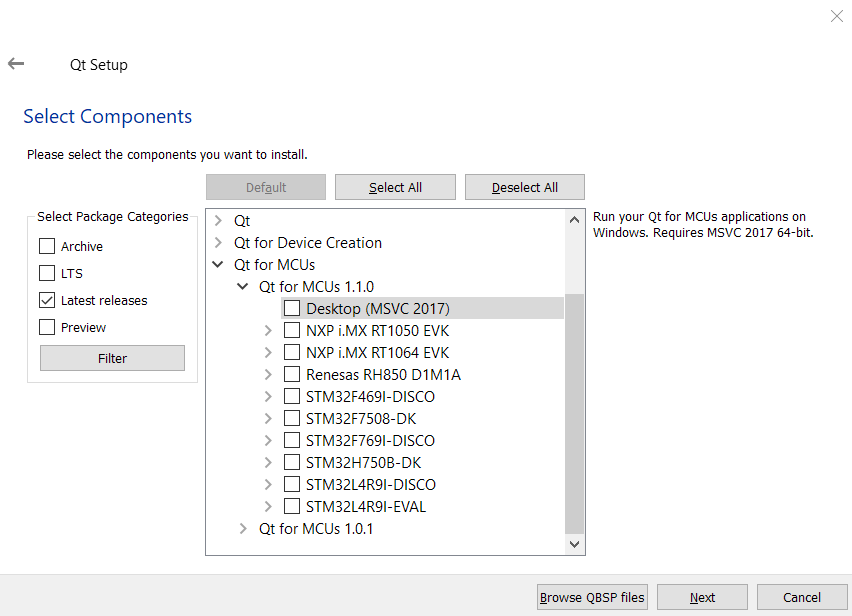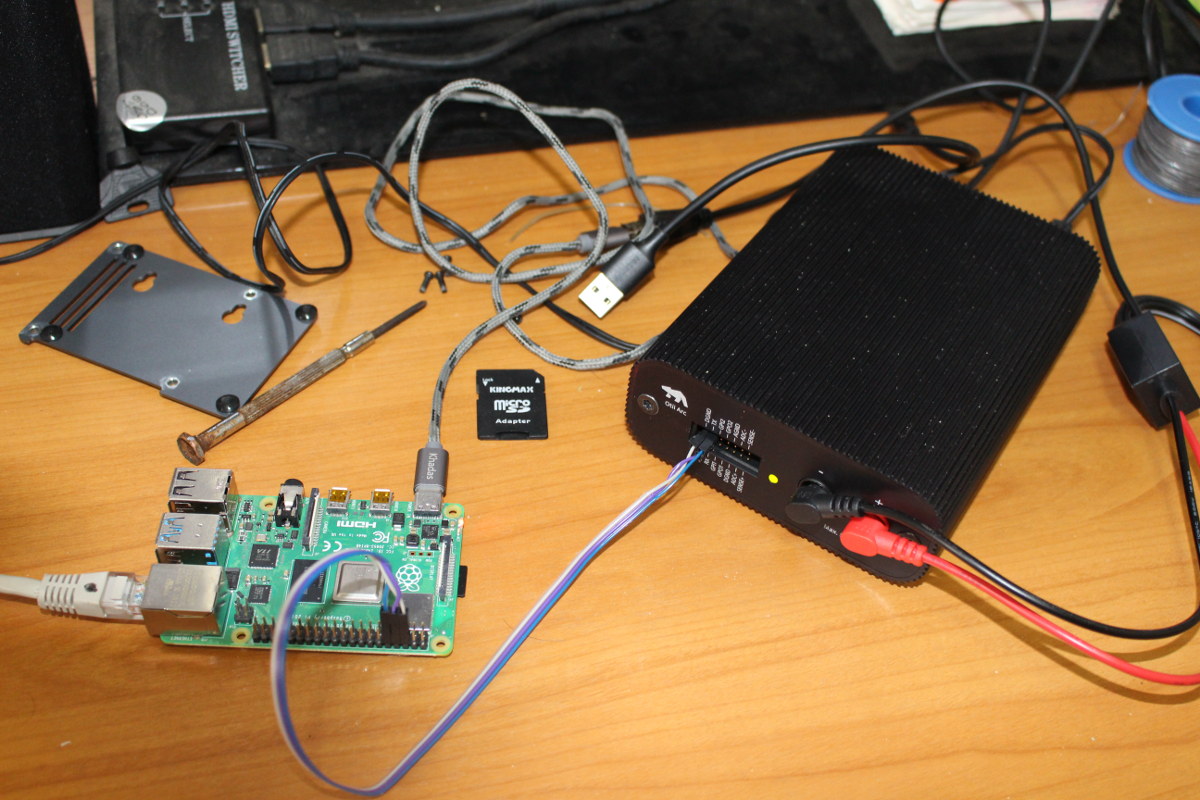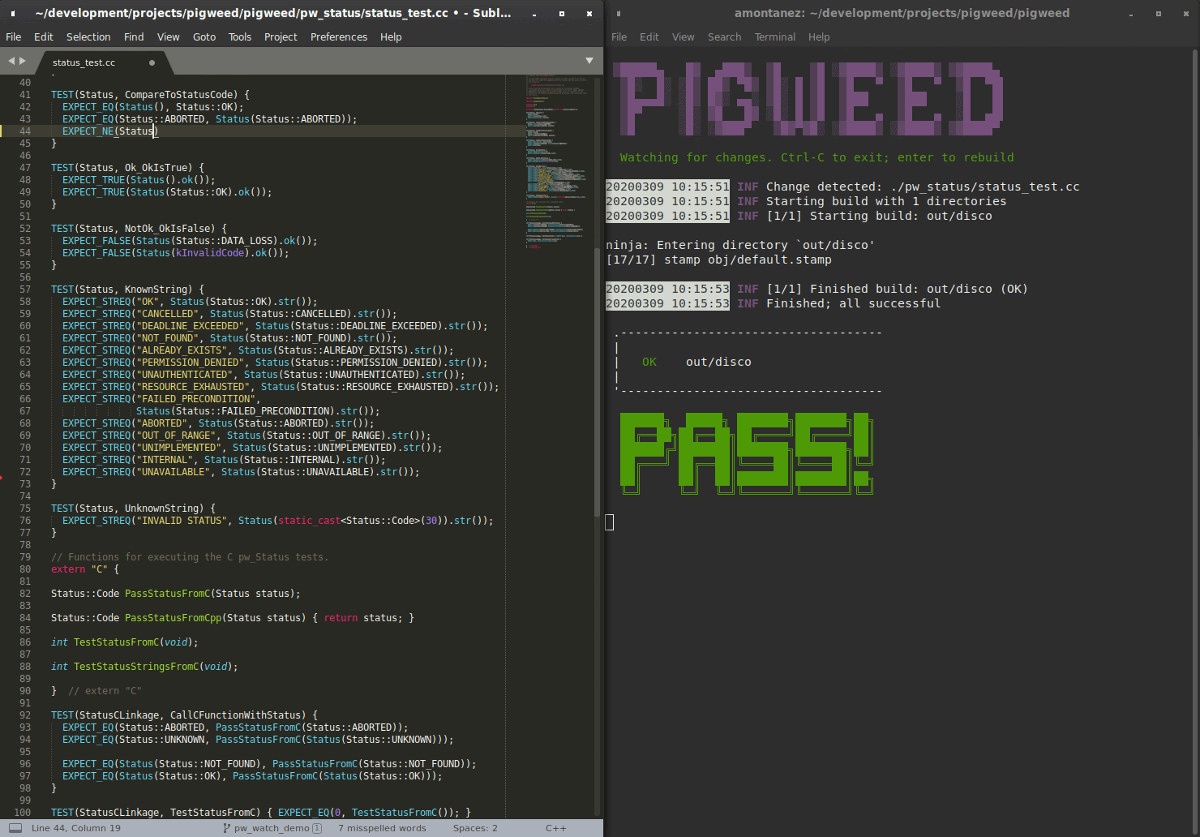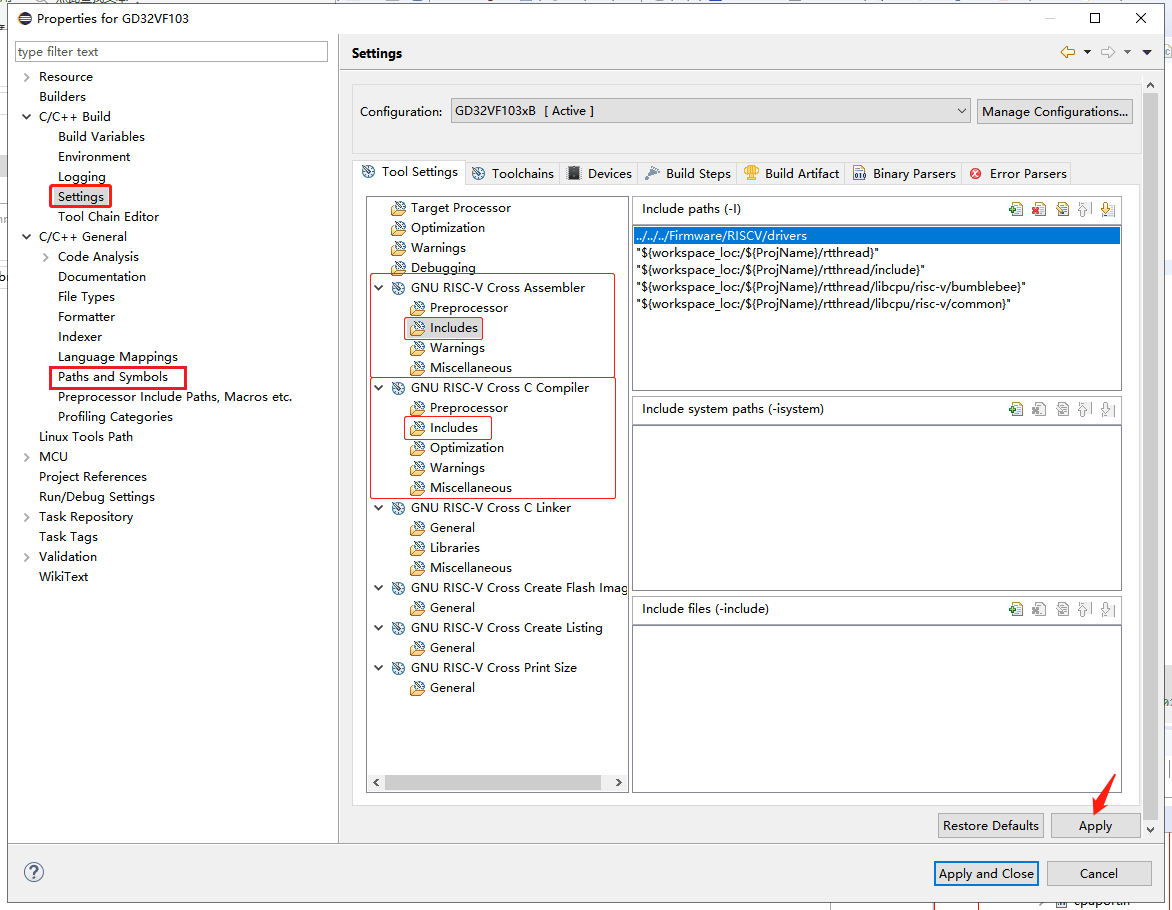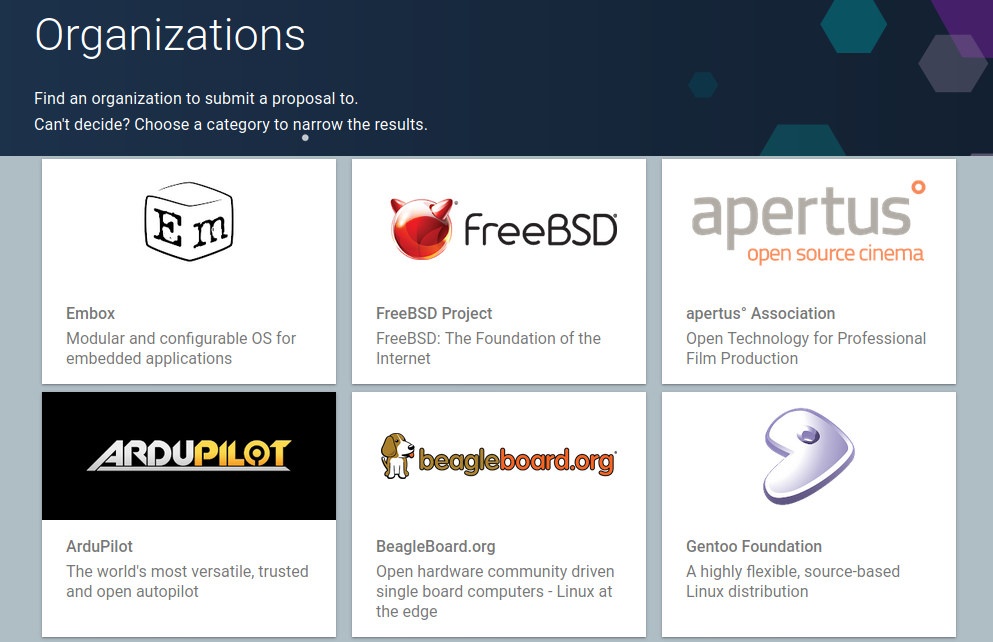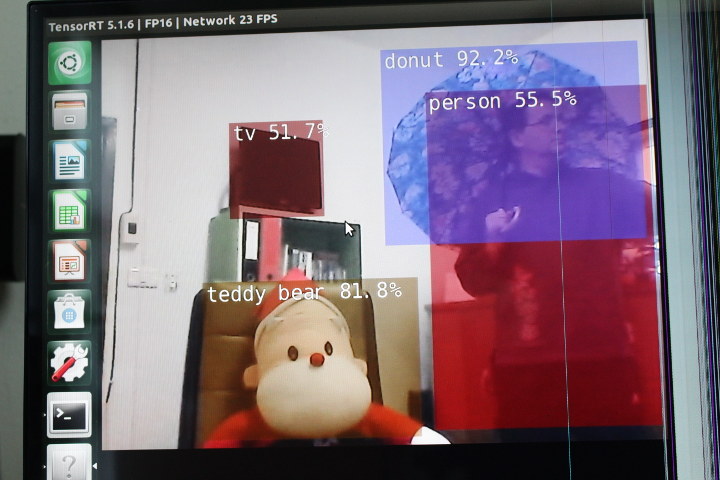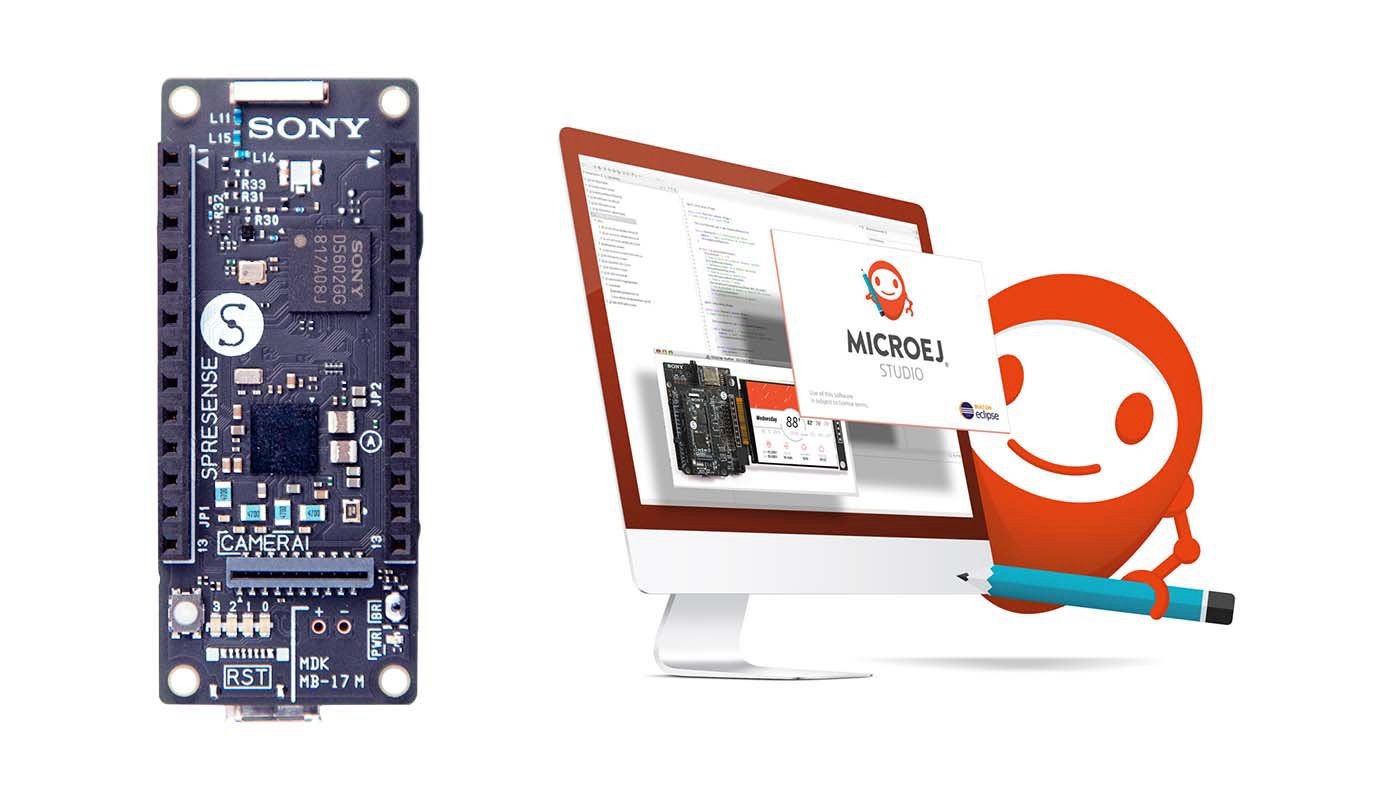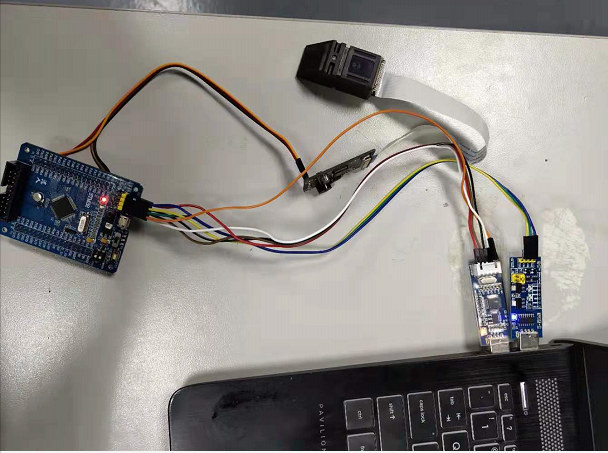The first stable version of Qt for MCUs was released in August 2019 in order to bring Qt graphical toolkit to microcontrollers such as STMicro STM32F7, Renesas RH850, or NXP i.MX RT1050. Qt for MCUs would run bare metal on supported boards, and software engineers would develop graphical interface using QML and C++. Qt for MCUs 1.1 has just been released with the addition of more STM32 and i.MX RT boards, support for FreeRTOS real-time operating system, and more. Qt for MCUs 1.1 highlights: Five new supported boards: NXP i.MX RT 1064 EVK, STM32 H750B-DK, STM32 F469i-disco, STM32 L4R9i-disco, and STM32 L4R9i-eval Asset management Optional PNG compressions for assets to lower storage footprint Option to read data directly from flash memory for lower RAM consumption, or copy to RAM for better performance, at the cost of higher RAM consumption. FreeRTOS support (technology preview) to run background tasks without blocking the […]
Getting Started with Qoitech Otii Developer Tool using ESP8266 and Raspberry Pi 4 Boards
Last month, I received Qoitech Otii Arc power supply, power meter, and DAQ unit that aims at helping hardware and software engineers develop energy-efficient products. I’ve now had time to test the unit with an ESP8266 board and Raspberry Pi 4 SBC, so I’ll show how to get started and my overall experience with the hardware and program. Requirements and Initial Setup The unit takes a 9V power supply or micro USB adapter as power input, but power output is done through banana plugs. I did not have any cables with banana plugs so I bought one on eBay for about $5 shipped. This cable is really convenient with output to USB (female connector), crocodile clips, and hook clips. However, as we’ll see below it may not be suitable for all types of loads, and you may have to make your own with a higher rated cable. You’ll need to […]
Google Pigweed Libraries Streamline Embedded Software Development on 32-bit Microcontrollers
There are many components required for embedded software development, including cross-toolchain, a build system like buildroot or YoCto Project, and debugging tools like OpenOCD. Once you’ve installed those, development involving several steps including building the code, flashing it to the board, and then running the program on the target. Google would like to make embedded software development to be as easy as web development as possible, similar to editing a file and running it in a web browser, so they’ve just released Pigweed open-source collection of embedded-targeted libraries/modules to streamline the development process for 32-bit microcontrollers such as STMicro STM32L452 or Nordic Semi nRF52832. Pigweed aims to help all steps of the process including tools/environment setup, program development, and code submission. Setup consists of running a bootstrap script that will automatically install tools such as Python 3.8, clang-format, and an Arm compiler in a virtual environment in order to leave […]
Getting Started with RT-Thread Nano RTOS on RISC-V Processors
CNXSoft: This is a guest post by RT-Thread explaining how to create your first program running on their real-time operating system using a GD32V RISC-V MCU board as an example. This article describes how to “port” RT-Thread Nano to the RISC-V architecture, using the Eclipse IDE, GCC toolchain, and a basic project for the Gigadevice GD32V103 MCU. Foreword RT-Thread is an open-source embedded real-time operating system. RT-Thread has a standard version and a Nano version. The standard version consists of a kernel layer, components and service layer, and IoT framework layer, while the Nano version has a very small footprint and refined hard real-time kernel, better suited to resource-constrained microcontroller units (MCU). The main steps for porting Nano are as follows: Prepare a basic Eclipse project and get the RT-Thread Nano source code. Add the RT-Thread Nano source code to the base project and add the corresponding header path. Modify […]
Google Summer of Code 2020 Mentoring Organizations Announced
Every year Google organizes the Summer of Code inviting students to work on open-source projects and even get paid for it. The company first select mentoring organizations, before accepting applications from students. Google has now announced the 200 organizations/projects that have been selected for Summer of Code 2020. Many projects are higher-level software development such as web development or desktop programs development but there are also projects closer to the hardware-side of things with operating systems and multimedia projects. Some interesting organization and/or projects part of the audio / graphics / video / multimedia category include: apertus Association developing AXIOM open-source hardware camera FFmpeg multimedia framework to decode, encode, transcode, de/mux, stream, filter & play audio and video stream found in many projects OpenCV Open Source Computer Vision Library for computer vision and deep learning applications. XOrg foundation for X Window System and related projects such as Mesa, DRI, Wayland, […]
AI inference using Images, RTSP Video Stream on NVIDIA Jetson Nano Devkit
Last month I received NVIDIA Jetson Nano developer kit together with 52Pi ICE Tower Cooling Fan, and the main goal was to compare the performance of the board with the stock heatsink or 52Pi heatsink + fan combo. But the stock heatsink does a very good job of cooling the board, and typical CPU stress tests do not make the processor throttle at all. So I had to stress the GPU as well, as it takes some efforts to set it up all, so I’ll report my experience configuring the board, and running AI test programs including running objects detection on an RTSP video stream. Setting up NVIDIA Jetson Nano Board Preparing the board is very much like you’d do with other SBC’s such as the Raspberry Pi, and NVIDIA has a nicely put getting started guide, so I won’t go into too many details here. To summarize: Download the […]
Sony Spresense 6-core MCU Development Board Now Supports Java
Sony Spresense board was introduced in spring 2018 with a 6-core Cortex-M4 microcontroller from the company, GPS & GLONASS, as well as audio support. The breadboard-compatible board could also be inserted into an Arduino UNO R3 compatible base board, and Sony offered support for both the Arduino IDE and a C-based NuttX-based SDK. You’ll find some more details and photos in our “review”. Sony has now partnered with MicroEJ to provide developers with Java support on Spresense board through MicroEJ Virtual Execution Environment (VEE). A Java simulator (VEE Virtual Device) allows you to develop software for Spresense independently of the hardware. Beside plenty of libraries, MicroEJ VEE features MEJ32 32-bit virtual core is compatible with various architectures including ARM Cortex-M, ARM Cortex-Ax, RX, V85, MIPS32, TriCore, and Tensilica. Java enables application portability which means that any GUI/IoT/Security or application code can run on various embedded systems supported by MicroEJ VEE. […]
Fingerprint Identification with STM32 MCU and Serial TFT LCD Module
CNXSoft: This is a guest post by Amy working for STONE Technology, a company specializing in industrial liquid crystal display modules This month, I planned to develop a fingerprint door lock project. When I selected the fingerprint identification module, the project was suspended. However, I thought that since the fingerprint identification module had been purchased, I would simply test it. This fingerprint module can be easily purchased online, connected over UART to an MCU board. It supports fingerprint scanning, fingerprint entry, fingerprint comparison, and fingerprint deletion. Since the fingerprint module manufacturer provides a demo program for STM32F103 series microcontrollers, I bought a small development board based on STM32F103C8T6. The demo program of the fingerprint module uses LED lights to prompt the user to enter the fingerprint and compare the status (success or failure). But I want to use an LCD display, so I chose a 480×272 resolution serial LCD display. […]


